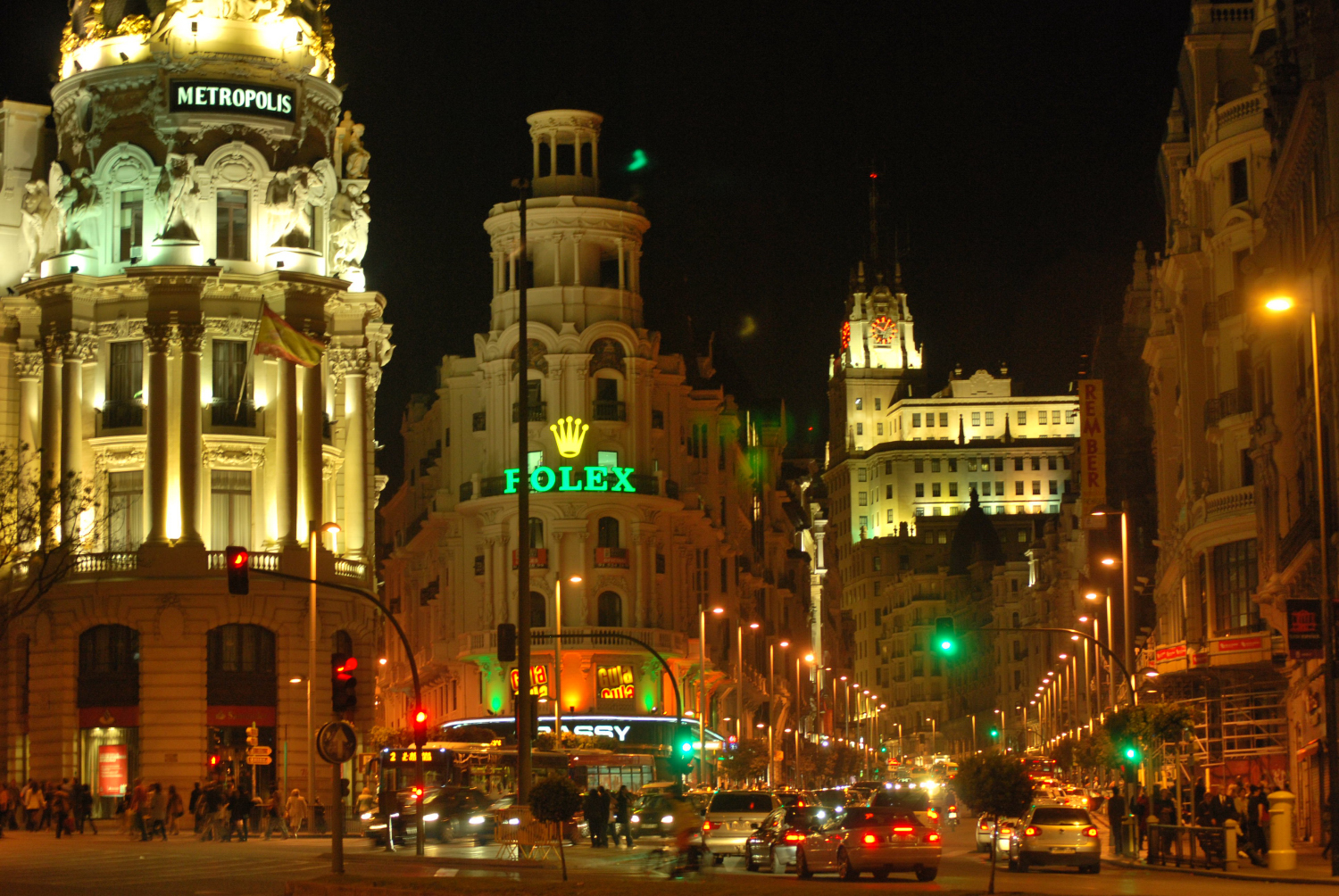
As the 2019 United Nations Framework Convention on Climate Change, or COP25, gathers in Madrid, Spain, there’s some bad news. Greenhouse gas emission concentrations hit a peak in 2018. While 70 countries plan to be carbon neutral by 2050, the world will need a five-fold increase in carbon-cutting actions to keep warming under 1.5C, the goal agreed at COP21 in Paris. Right now, we’re on target for 3.2 degree rise, a number portending disaster. And then there’s loss and damage: loss refers to unrecoverable destruction of species, habitat, lives; damage is repairable destruction like roads, bridges. Rising seas will cause both loss and damage. It is estimated sea rise might cost $14 trillion by 2100; worse, if seas rise 1.8m, it could cost lives, land, and $27 trillion per year – that’s almost 3% of global GDP.
Carbon contracts are also on Madrid’s agenda: some countries and businesses pay carbon offsets; for example, fund tree planting elsewhere, while still using carbon-emitting fuels. COP21, article 6, raised the issue of carbon markets, opening doors for business involvement. Now, promise must become contract. Historically, our world has found few occasions for large-scale financial agreements linked with values and outcomes. Could lessons learned at Bretton Woods be helpful in Madrid? Are there parallels with the Atomic Energy Act?

Carbon Pricing Leadership Coalition – CPLC. “Article 6 is the secret ingredient of the Paris Agreement.” https://m.youtube.com/watch?v=pY1KVu537B4.
Climate Action Studio. “Article 6,” https://m.youtube.com/watch?v=13YiF6Mt2dc.
Fridays for Future. Climate action movement founded by Greta Thunberg. @FridaysForFuture.
Fried, Charles. Contract as Promise. Harvard University Press, 1981. ISBN: 0674169255
Harvey, Fiona. “COP25: youth ‘leadership’ contrasts with government inaction, says UN chief.” 2 December 2019. The Guardian. https://www.theguardian.com/science/2019/dec/01/island-states-want-decisive-action-to-prevent-inundation.
Jevrejeva, Svetlana et al. “Rising sea levels could cost the world $14 trillion a year by 2100.” 3 July 2018. ScienceDaily. https://www.sciencedaily.com/releases/2018/07/180703190745.htm.
Litwin, Evan T. “The Climate Diaspora.” University of Massachusetts Boston, 2011. https://papers.ssrn.com/sol3/papers.cfm?abstract_id=1912859.
McGrath, Matt. “Climate change: Critical year for climate change starts in Madrid.” 2 December 2019. BBC: Science & Environment. https://www.bbc.com/news/science-environment-50588128.
Mandelbaum, Michael. “The triumph of the market,” The Ideas That Conquered The World: Peace, Democracy, and Free Markets in the Twenty-First Century. pp 277-304. PublicAffairs, Perseus: 2002. ISBN: 1586482068.
Steil, Benn. The Battle of Bretton Woods. Princeton University Press, 2013. ISBN: 9780691162379.
United Nations. “UN Climate Change Conference – December 2019.” https://unfcc.int/cop25.
Youth4Nature. https://www.youth4nature.org/cop-25.
Thanks to colleagues who suggested Bretton Woods as precedent, and to Charles Fried for contract as promise.
Building the World Blog by Kathleen Lusk Brooke and Zoe G. Quinn is licensed under a Creative Commons Attribution-NonCommercial-NoDerivs 3.0 Unpor
